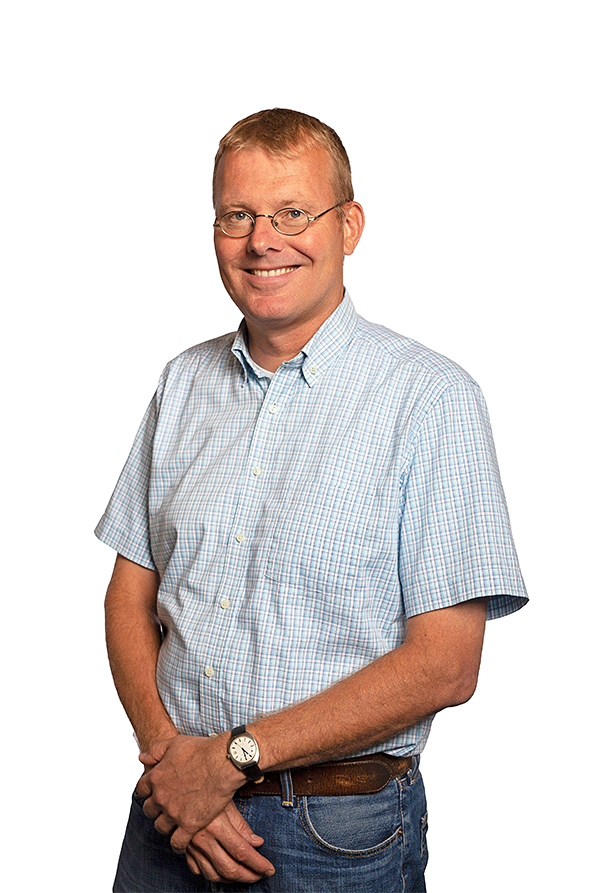SERVICES
Dettendorfer Wertstoff offers you comprehensive, high-quality services in the recycling industry. As the largest processor in southern Bavaria, we can offer you many years of expertise in the areas of fuel production, trade in reusables, disposal of commercial waste and the correct handling of mineral substances.
We use state-of-the-art technology to ensure that all recycling and processing is conducted in an environmentally friendly manner: our aim is to serve the environment.

Factes
- Largest processor in Southern Bavaria
- Annual production of 50,000 tonnes of BPG Sekuzem
- 15,000 tonnes of rejects for recovered fuel fluff
Recovered fuel
Fuel from pure or mixed waste is referred to as recovered fuel. This is used as a secondary fuel, especially in processes in the basic materials industry (e.g. cement and lime industry) and for energy conversion, by replacing a certain proportion of standard fuels such as coal, natural gas or heating oil.
Why use recovered fuel?
Using recovered fuel protects the environment.
Its high calorific value makes it an excellent substitute for fossil fuels such as coal, oil or natural gas, with the further advantage of comparatively low CO2 emissions.
Production waste that is generated in large quantities by industry but can no longer be returned to the material cycle owing to its composition or its contamination can thus be recycled in a high-quality, energy-efficient and environmentally friendly manner.



Pre-materials accepted for the production of recovered fuel:
- Production waste from trade and industry
- Packaging plastics from dual systems
- Rejects from paper production
We will also be pleased to answer questions and provide further information, including on a personal basis.
Safe acceptance and legally compliant recycling are our top priorities.
As a certified specialist waste disposal company, we can guarantee the proper and environmentally friendly processing of all waste delivered.
Even in winter, during inspection times, we can guarantee safe acceptance. The material delivered will be processed, pressed into bales and placed in intermediate storage.
Production
- The various elements are collected and pre-sorted in our system
- Our modern shredder facilities shred the material to the appropriate size in several stages
- Metals and PVC are separated from the material flow, filtered and blown out
- The material is mixed so as to generate the highest possible calorific value
- The fuels are compressed in an environmentally friendly manner in the press container so as to make the best possible use of these transport containers.
Use
- Our most important recycling path is the use of Sekuzem (two-dimensional recovered fuel) in cement worksDie Nutzung von Sekuzem (2-dimensionales-EBS) in Zementwerken ist unser wichtigster Verwertungspfad
- The behaviour of the fuels must be adapted to the burner flame to ensure energy-efficient use
- We therefore exactly match the particle size, chemistry and calorific value of the fuel during production to the furnace’s combustion mode
- Rohrdorfer Zement, our parent company, has one of the most modern furnaces as well as downstream exhaust gas and denitrification facilities.


Fakten
Folgende Abfälle werden in unserem Unternehmen gesammelt, nach Möglichkeit in Ballen gepresst und gehandelt, um sie einer stofflichen Wiederverwendung zuzuführen.
- Folien: Standardfolien, Sonderfolien, PVC
- Kunststoffe: Ausschussware, Spritzgussteile, Formteile, Kanister, Fässer, Pflanzschalen, Anfahrbrocken, Stanzreste, Kabelreste, Granulate, Mahlgut mono und gemischte Fraktionen
- Papier: Sammelware, unsortiertes gemischtes Altpapier, Mischpapier, Kartonagen oder Kaufhauspapier, Zeitungen und Illustrierte
Für Fragen und weitere Informationen stehen wir Ihnen gerne auch persönlich zur Verfügung
Reusable materials
Dettendorfer Wertstoff has been involved from the very outset, collecting materials such as plastics, wastepaper and scrap since 1996 and returning them to the production cycle so as to make new products. As ever more resources disappear, secondary raw materials are becoming more and more valuable and people and companies are rethinking their approaches.
Some materials are already included in several processes of the production cycle as secondary raw materials, such as paper, certain plastics and aluminium.
The new circular economy law stipulates recycling as the third level (of a total of five) in the disposal hierarchy!
For more information you can download our list of traded materials:: reusable materials


Recycling
Reusable materials are collected in our system, compressed into bales and stored temporarily until the maximum possible capacity of the transport vehicles can be ensured.
Only then are they sent by road or rail to recycling plants, such as plastics granulating basins, paper manufacturers or metal traders.
We are always on the lookout for new ways to recycle:
For example, siliconised paper, which when made from wastepaper is unsuitable for paper manufacturers and would until recently be used only for heat generation, is now processed as an additive in asphalt production. This conserves resources from primary raw materials and helps preserve the environment.
Contract pressing
Would you like us to press and bale you own material?
We will be pleased to assist you here with our high-quality channel baling press!


Facts
- around 6 million tonnes of mixed commercial municipal waste are produced annually
- only around 7% of this is recycled
- since 1 January 2019, a 30% recycling rate has been required
- this means that the previous equal status accorded to the reuse of materials and energy from commercial waste has been abolished and a five-level hierarchy of waste has been introduced for this significant materials flow.
We are constantly looking for new ways to optimise our processes and achieve this goal.
Commercial waste
What to do with “the rest”?
Commercial waste disposal aims to reuse the materials and energy from mixed waste produced by commerce and the construction industry, as well as at the reuse of energy from sorting residues and recovered fuels. The waste collected by Dettendorfer Wertstoff is either sent untreated to one of 13 regional and national waste incineration plants and recovered fuel power plants for energy recovery purposes, or first sorted in one of four mechanical processing plants. This permits reusable materials to be recorded for subsequent recycling, also allowing material cycles are closed. The sorting residues accumulated are crushed, classified and processed into so-called medium-calorie and high-calorie recovered fuels.


Recycling
Our work with numerous public-sector facilities as well as other certified recycling facilities from the private sector means that our customers can rely on a high degree of safety.
We can meet the new legal requirements (such as the Commercial Waste Ordinance introduced on 1 August 2017) with tailor-made solutions for our customers.
We have been working with most of our customers for years now. Our regular visits and on-site inspections ensure that all delivered waste is recycled in accordance with the law and in an environmentally friendly manner.
Transparency is our aim, and we therefore inform our customers of the ways in which their waste is recycled.
Logistics
If you do not have your own transportation capacity, we can take care of both your logistics and your recycling.
Our many years of experience mean that we can achieve almost 100% round trips for our trucks, with a corresponding reduction in freight costs.
Using web-based logistics software, our planning specialists can ensure optimal transport of waste.


Facts
- Germany’s largest waste stream
- 275 million tonnes annually
- over 50% soil and excavated material (2017)
- mostly used as substitute building materials in the construction industry
Mineral substances
Our direct connections with the cement and steel industry mean that Dettendorfer Wertstoff is aware both of the challenges involved in raw material procurement and the disposal of production residues on an industrial scale. The recycling of mineral waste, whether using landfill technology or, ideally, as a secondary raw material for another branch of industry, is therefore an integral part of the portfolio offered by Dettendorfer Wertstoff. Quality is demonstrated in the careful selection of materials according to demanding requirements: the homogeneous material quality and professional logistical handling of the materials flow then become clear once in use.



Raw material
Mineral raw materials are of crucial importance for many branches of industry. Substance chemistry, delivery reliability and homogeneity are decisive. Only a few mineral wastes are suitable for permanently meeting these requirements. Your requirements meet our experience with a wide variety of material fractions. Together we movemountains.
Recycling
In the waste hierarchy, recycling clearly precedes disposal. Mineral waste plays a key role here, be it in landfill construction or in mining. We have your waste fraction chemically analyzed, tailored to the intended recovery purpose. In this way we will find the best possible and financially attractive recycling and disposal solution for you.
Elimination
If, in rare cases, it is not possible to recycle the minerals, we are at your disposal as a competent disposal company, logistician and contact for the legally compliant and environmentally friendly disposal of the waste.



